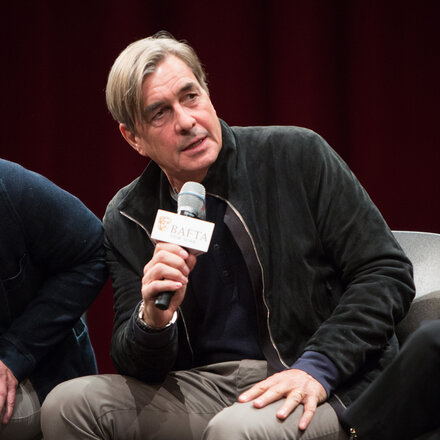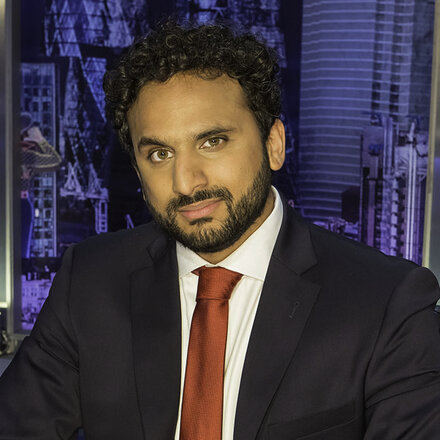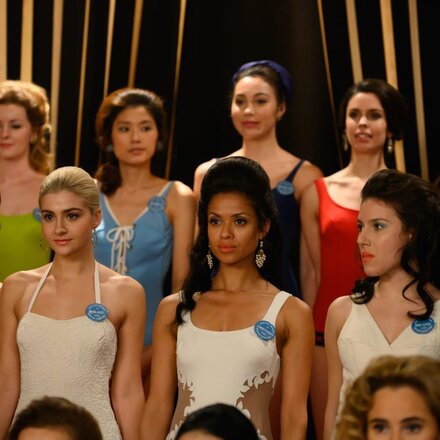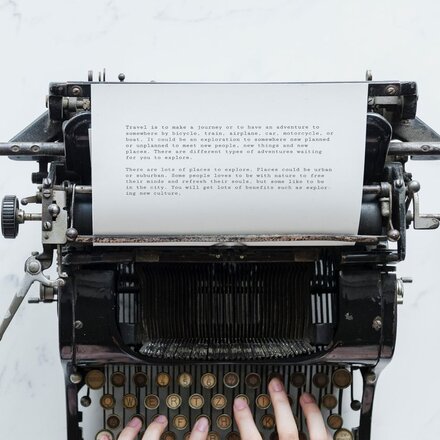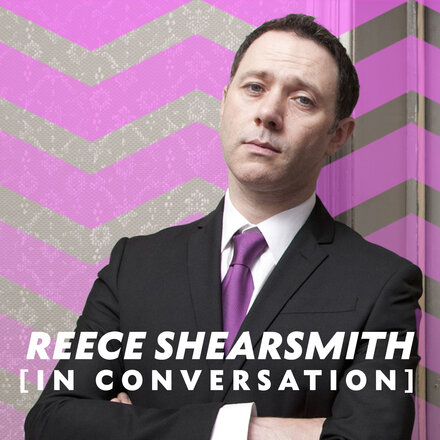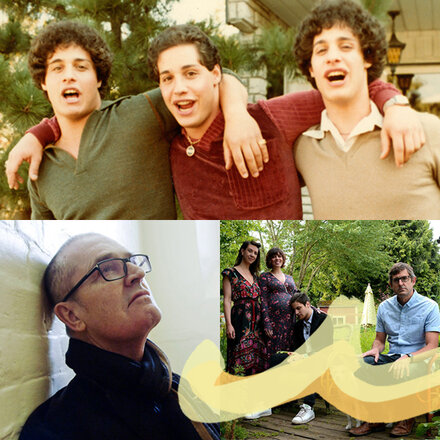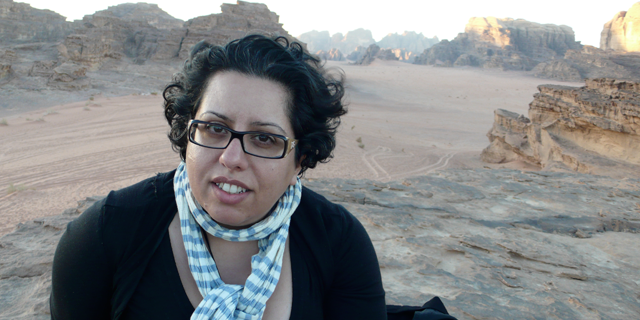
Tina Gharavi: Q&A
Iranian-American-British filmmaker Tina Gharavi (I Am Nasrine) talks about her love for David Lean and having no back-up plan.
Published on 7 February 2013.
What first inspired you to get into your craft?
Films are inseparable from art. Making films is how humans respond to the world; it is our cave wall. For me, the biggest inspiration in my life has been great art, whether it's a Caravaggio, Jean-Michel Basquiat, or seeing great films such as Lawrence of Arabia, Rust and Bone or Turtles Can Fly. Films make us see different viewpoints. They remind us: I am a part of this world - connected. That magic lantern will always be the most attractive of art forms for me. I can’t explain it any better than that. It was what I was born to do.
How did you first break into the industry?
My first contact with the industry was when I was still in high school in New Jersey. I worked at an art store and a production designer for a feature film shooting on the Jersey shore came in. It was Eve Cauley, who art directed Drugstore Cowboy and Home Alone, and she ended up hiring me as her assistant. The film was a flop but it was a life-defining experience. I loved every minute of being on a film set: the adrenalin, the team effort, the military precision of working towards a shared goal. I was a painter at that point. Cinema was a big canvas and, eventually, the stories I wanted to tell were moving and had sound. I don’t see cinema as much different from painting, you just work with a larger canvas and more people are involved, like undertaking some great vaulted ceiling. I don’t think it was a break - more of a peek - but that film was my first experience with the industry.
Which professional figure in your field do you find the most inspiring?
Recently, I had the honour of working with editor Lesley Walker, who often cuts for Terry Gilliam, and working with her was a pure joy. Not only is she incredibly talented and precise, she is wonderfully warm, human and a delight to work with. She's a woman working in a tough industry with great integrity and she's the best of this business. Listening to her talk of her experiences in film count as some of the best times I have had and one of the best film schools one could hope for.
If you hadn't managed to break into your field, what was your plan B?
There is no need for plan B. I will always make films and make art. I might become a bee-keeper in Iran (if the government changes) but I will still be making films.
“Don’t make films because you think they will make you famous, desirable or rich. None of these things are likely. Do it because you need to.”
Which film do you wish you could have worked on?
It would have to be Lawrence of Arabia. It’s a very special movie to me. I saw it when I was very young, as my father is a big David Lean fan, and have seen it several times throughout my life. It remains, for me, a flawless film. The epic scale of the storytelling and the intimate nature of the story seem so bold - almost lavish - today. The film was in pre-production for two years before its fourteen-month shoot in locations such as Jordan, Spain and Morocco. It took longer for them to make the film than it did for the real Lawrence to go from lieutenant to colonel, to see the desert tribes united and to tip the balance in the Allies' favour against the Turks in World War I. Even though it was plagued by setbacks and illness, I’d have found it fascinating to be on that production!
What single piece of advice would you give to a young person trying to break into your discipline and get noticed?
I teach and my advice is always: do it for the right reasons. And don’t do it unless you have to do it. There is nothing wrong with being a dentist or a plumber! Make films for the right reasons. Don’t make films because you think they will make you famous, desirable or rich. None of these things are likely. Do it because you need to. And you’ll probably be richer as a plumber… and possibly less stressed!
How important is networking? Is raw talent enough?
Relationships are important. Being a serial networker is no use either. Meet people, find people you like and who do some interesting things, then get the right people to help you. People usually are helpful, particularly if you are genuine and the light and shadow of madness and passion are bright in your eyes. And remember to help those who come after you, too!
How do you think the UK film industry will change in the next few years?
The future is unwritten but the rules will change. Stories will always be a part of our civilisation but their delivery mechanisms will change. They need to, because of the digital revolution that the internet has brought on. I am excited about that. As much as I love David Lean and the traditions of cinema, I am looking forward to the new stories we will tell. The system has been very conservative on the stories that are told (and how they are told) and the audience has become a little bored. I think these new forms of distribution mean this will change, and an opportunity to reach new audiences will emerge. Much like the “recession” for movies in the 1970s (where cinema audience figures dropped as colour TVs took hold), Hollywood, and the other many 'Hollywoods' that exist, will rise again. New stories will arrive and find their audiences - much like I Am Nasrine has - and this will mean viewers will come back. They'll come back to see stories they have not seen, to hear them told in ways that are surprising and to fall in love with cinema, generation after generation.
Tina Gharavi is nominated in the Outstanding Debut category for her film I Am Nasrine.

